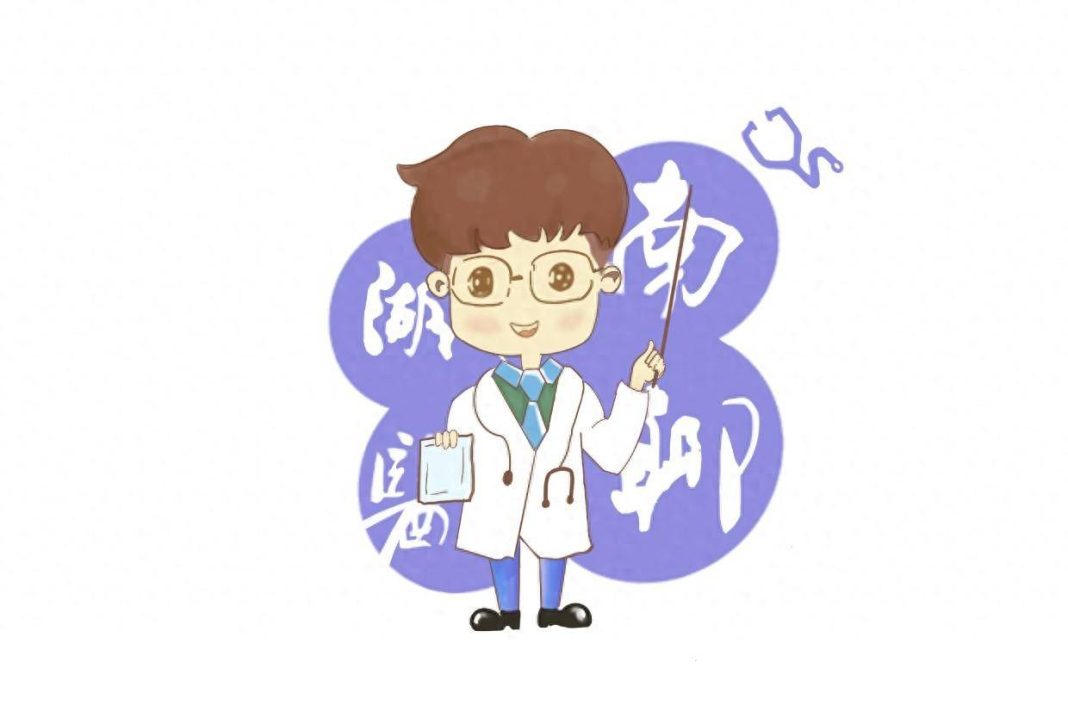Mr. Li, 26 years old, believed two months ago that his former company boss and colleagues had hired someone to follow him and were trying to kill him. Since then, his suspicions have gradually intensified, believing that strangers are paying attention to him, and that unfamiliar cars parked by the roadside are related to him, all of which are there to harm him. When others are playing with their phones, he claims that person is taking his picture, stating he wants to report that someone is stalking him and trying to harm him. Even his wife and parents do not believe him, and he feels that his family is deceiving him, trying to harm him, and are not well-intentioned. He cannot sleep at night, and hears voices speaking that seem to be aimed at him, conspiring to harm him. Mr. Li exhibits extreme tension, fear, and anxiety.
His family took him to the Second People’s Hospital of Hunan Province (Hunan Province Brain Hospital) psychiatric department for treatment. After physical examination and neurological checks, no obvious abnormalities were found. After completing relevant tests, organic diseases were ruled out, and there was no history of using psychoactive substances or non-addictive substances. There was no significant psychological trauma before the illness onset, suggesting schizophrenia, and he was admitted to the adult psychiatry male ward for treatment.
Director Li Xinchun introduced that the causes of schizophrenia are not yet clearly defined. Genetic factors play a significant role in this illness, and psychosocial factors can trigger schizophrenia. It often occurs in young adults, and the clinical symptoms are complex and varied, characterized by inconsistencies in thinking, emotions, and behavioral intentions, as well as disconnection from reality, and the course of the disease often prolongs.
The treatment of schizophrenia emphasizes early, adequate, and sufficient duration of antipsychotic drug therapy. Once the patient’s clinical symptoms stabilize and self-awareness partially recovers, auxiliary psychotherapy (such as behavioral therapy, family therapy, etc.) is provided to achieve comprehensive social rehabilitation.
Having a mental illness is neither shameful nor frightening; early detection and treatment, along with good family care, are essential. So what should family members focus on after the patient is discharged?
1. Strengthen supervision of medications, strictly supervising the patient to take their medicine according to medical advice and ensuring they actually take it, preventing them from spitting out, hiding, or privately reducing their dosage. Observe for side effects of the medication, such as muscle tension, restlessness, constipation, etc., and regularly check blood routines, liver function, and electrocardiograms.
2. Enhance psychological support, listen patiently, avoid unreasonable blame or criticism, engage in peer-like and equal communication, and understand the patient’s psychological dynamics.
3. Promote the recovery of social functions, encourage the patient to do things they are capable of, avoid overprotecting them, do not take over their responsibilities, and cultivate hobbies.
4. Provide a quiet sleeping environment, reduce daytime sleeping hours, maintain a reasonable diet, and guide appropriate exercise.
Hunan Medical Chat Special Contributor: Liu Zhiying, Li Xinchun, Second People’s Hospital of Hunan Province (Hunan Province Brain Hospital)
Follow @Hunan Medical Chat for more health education information!
(Editor YH)


